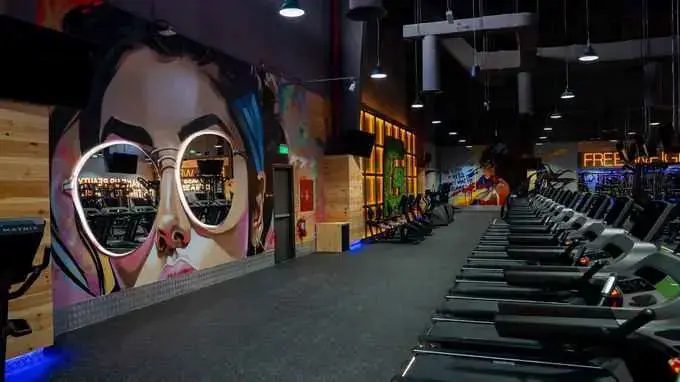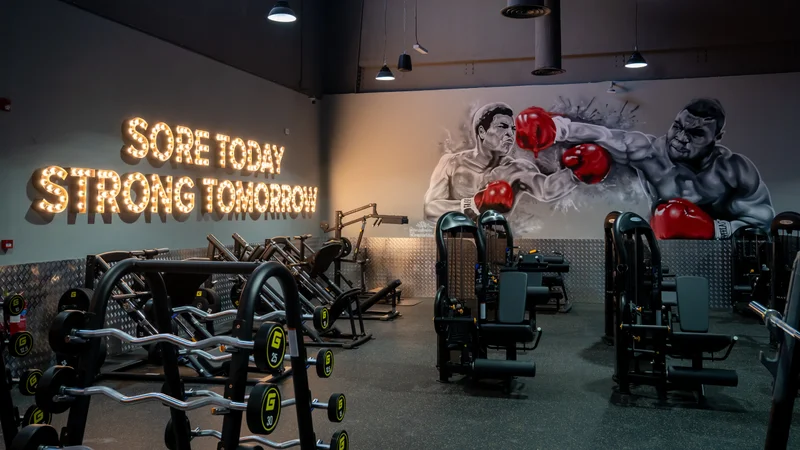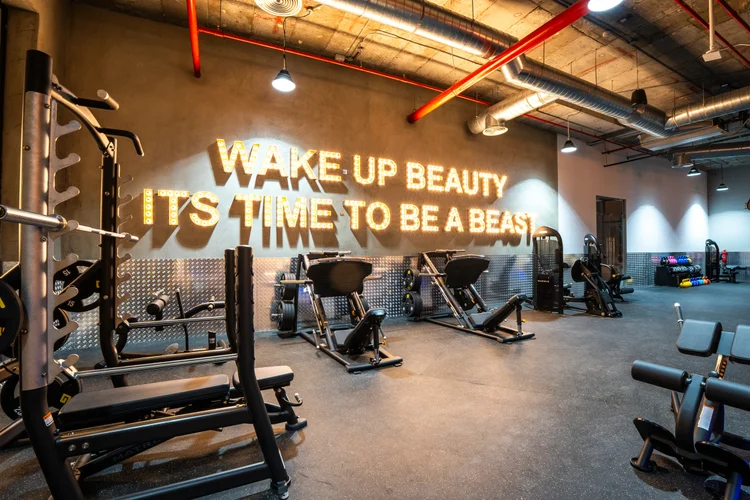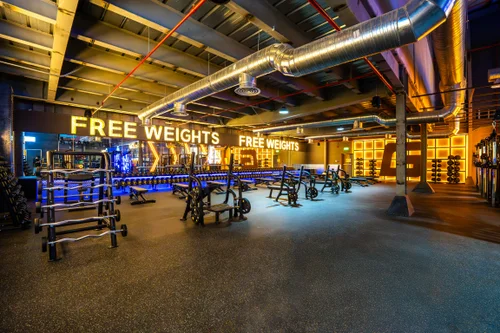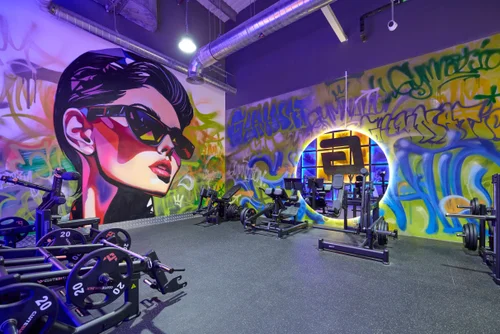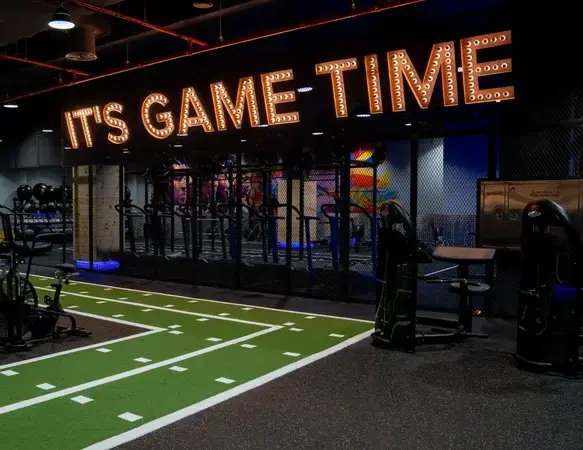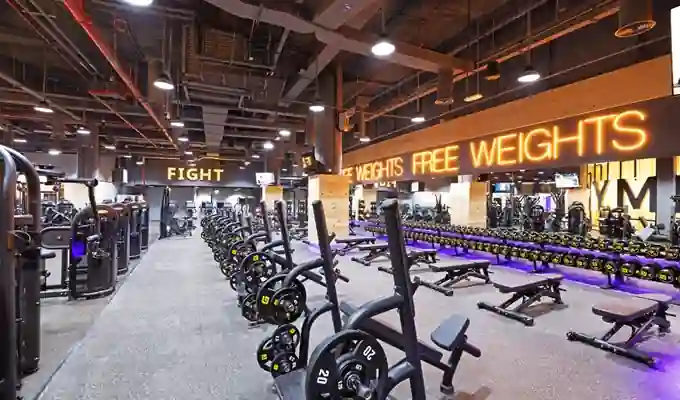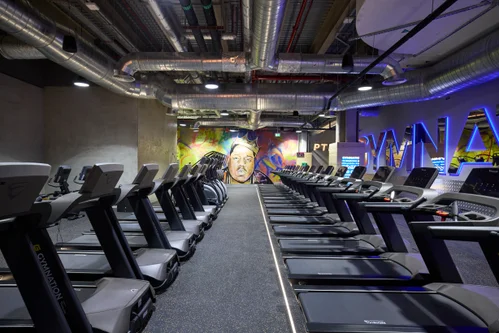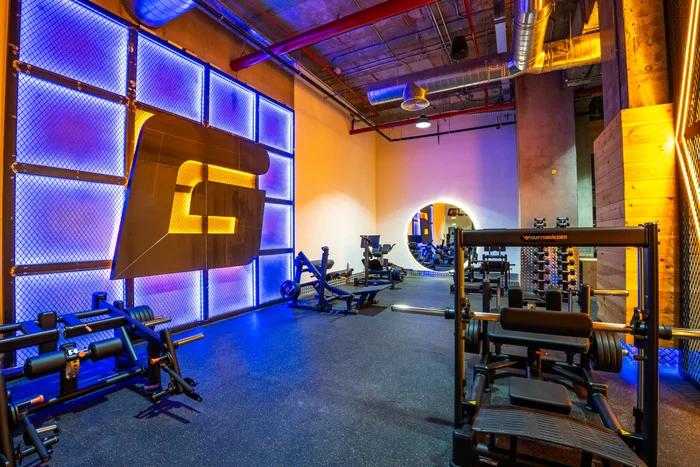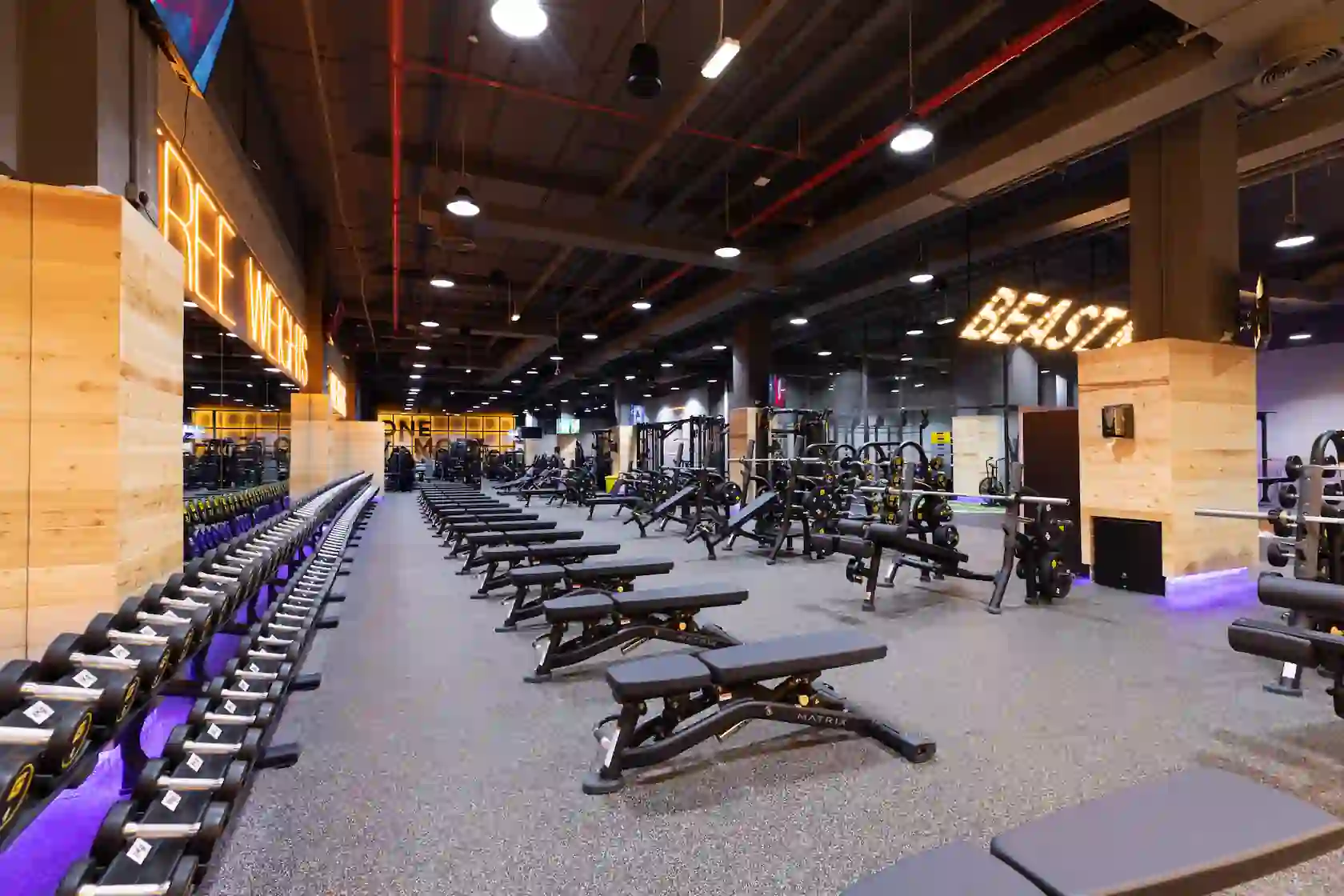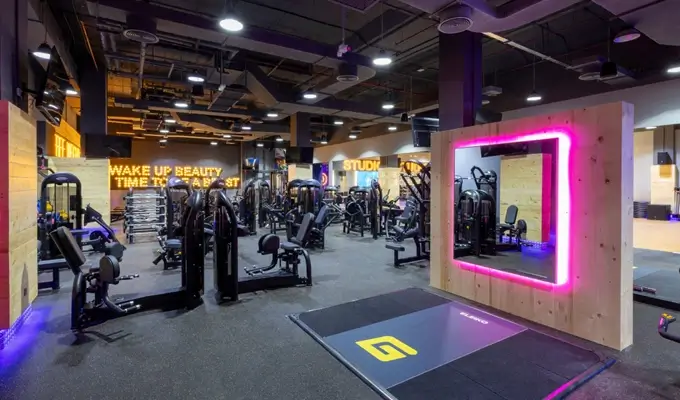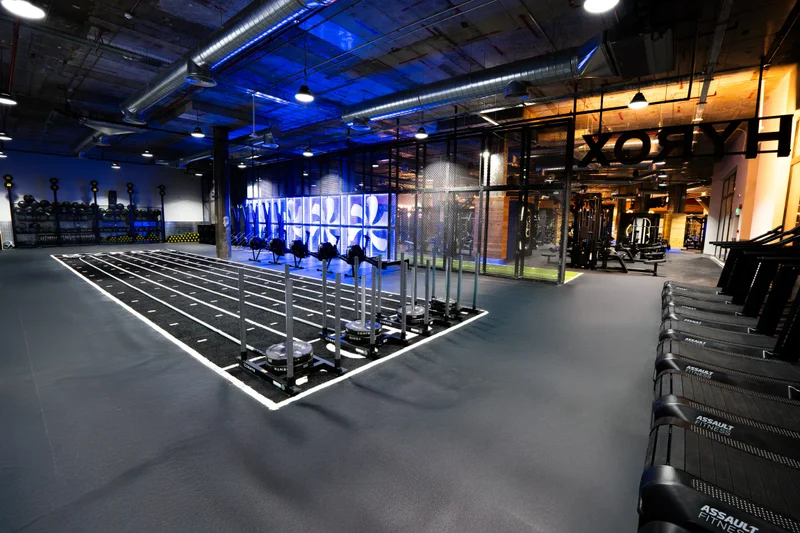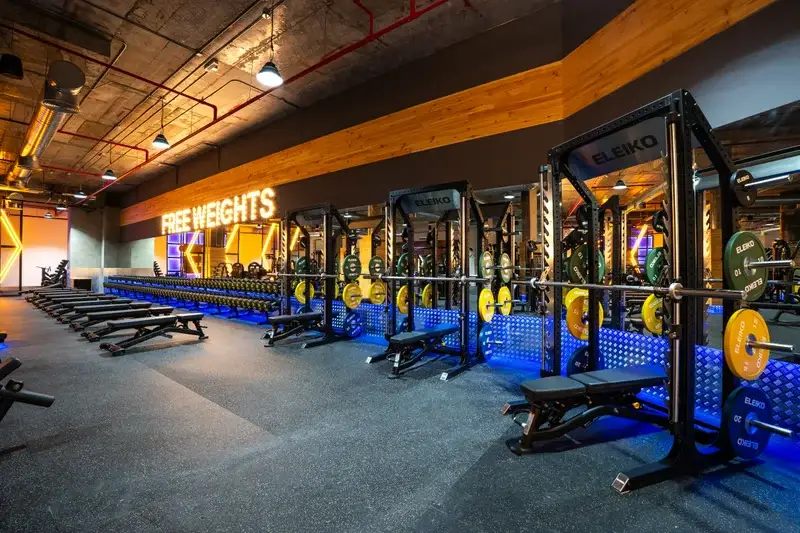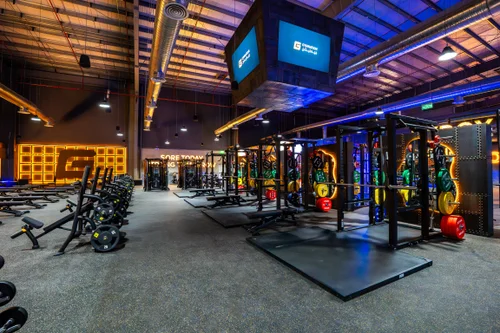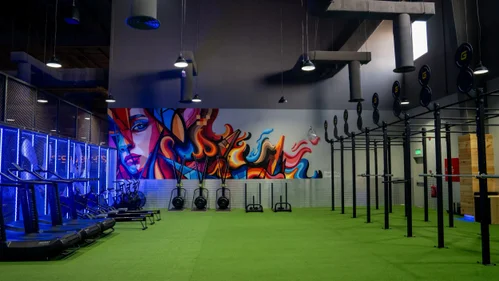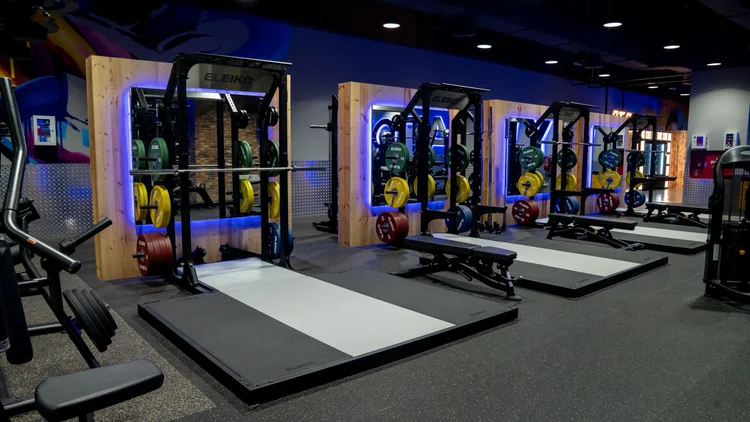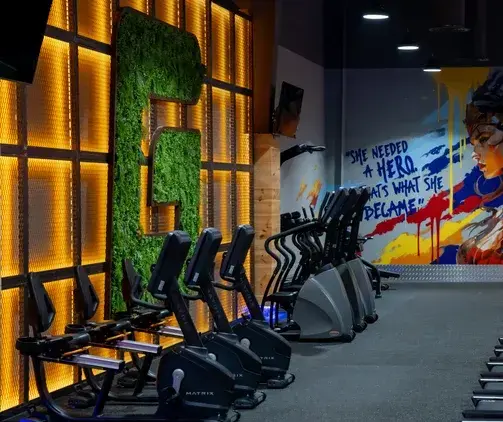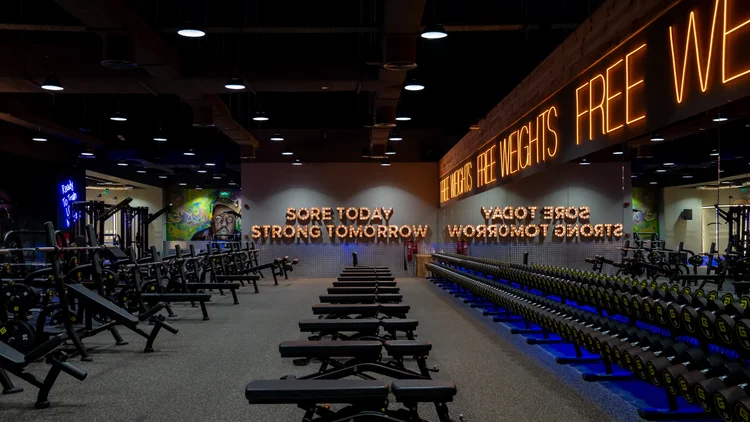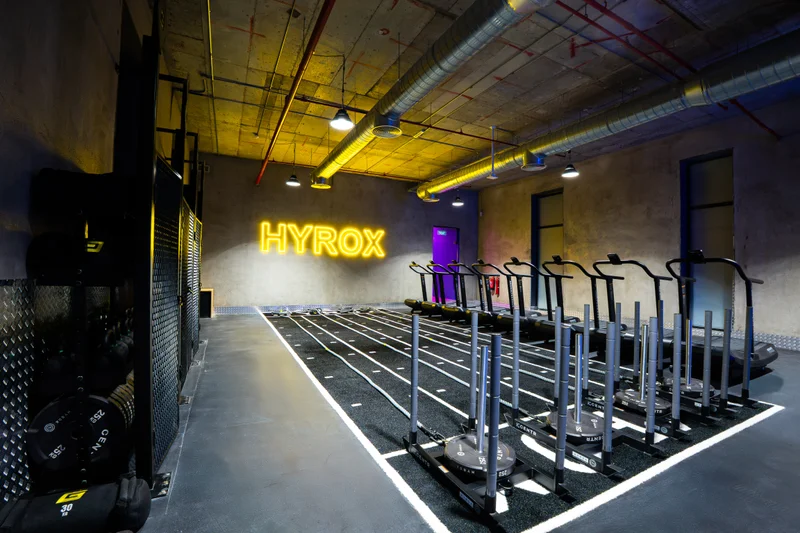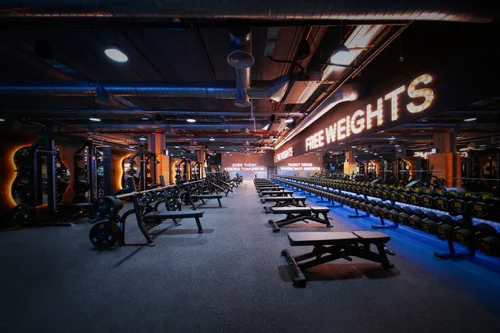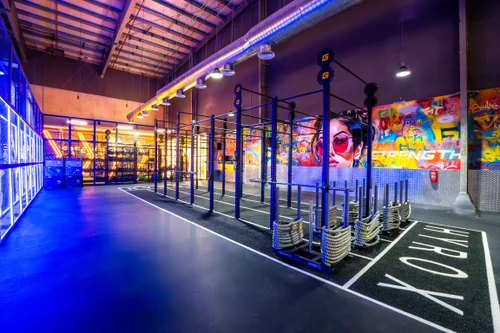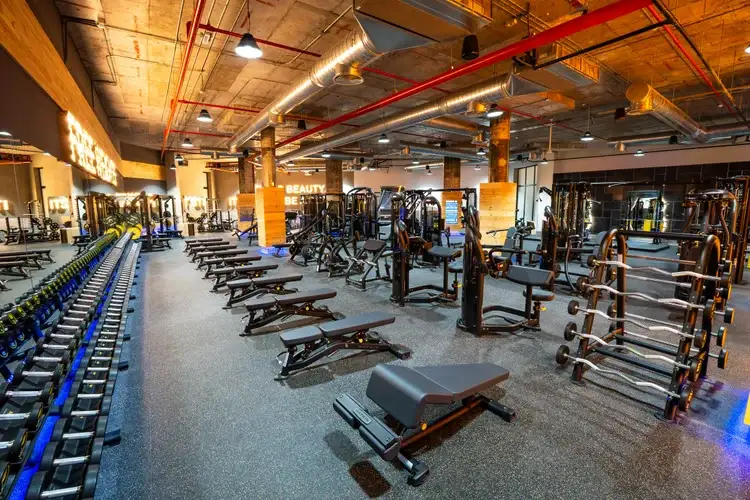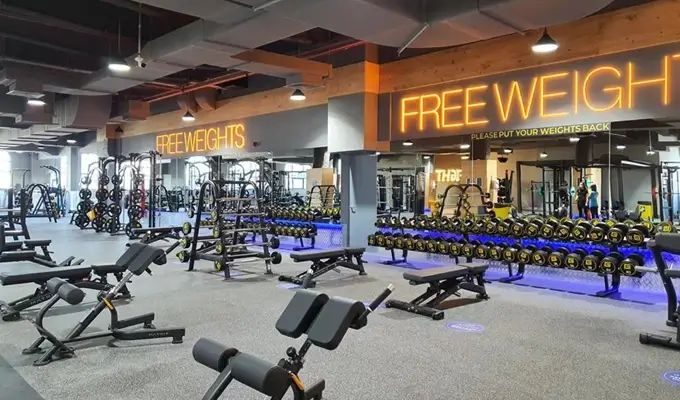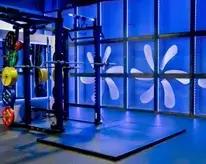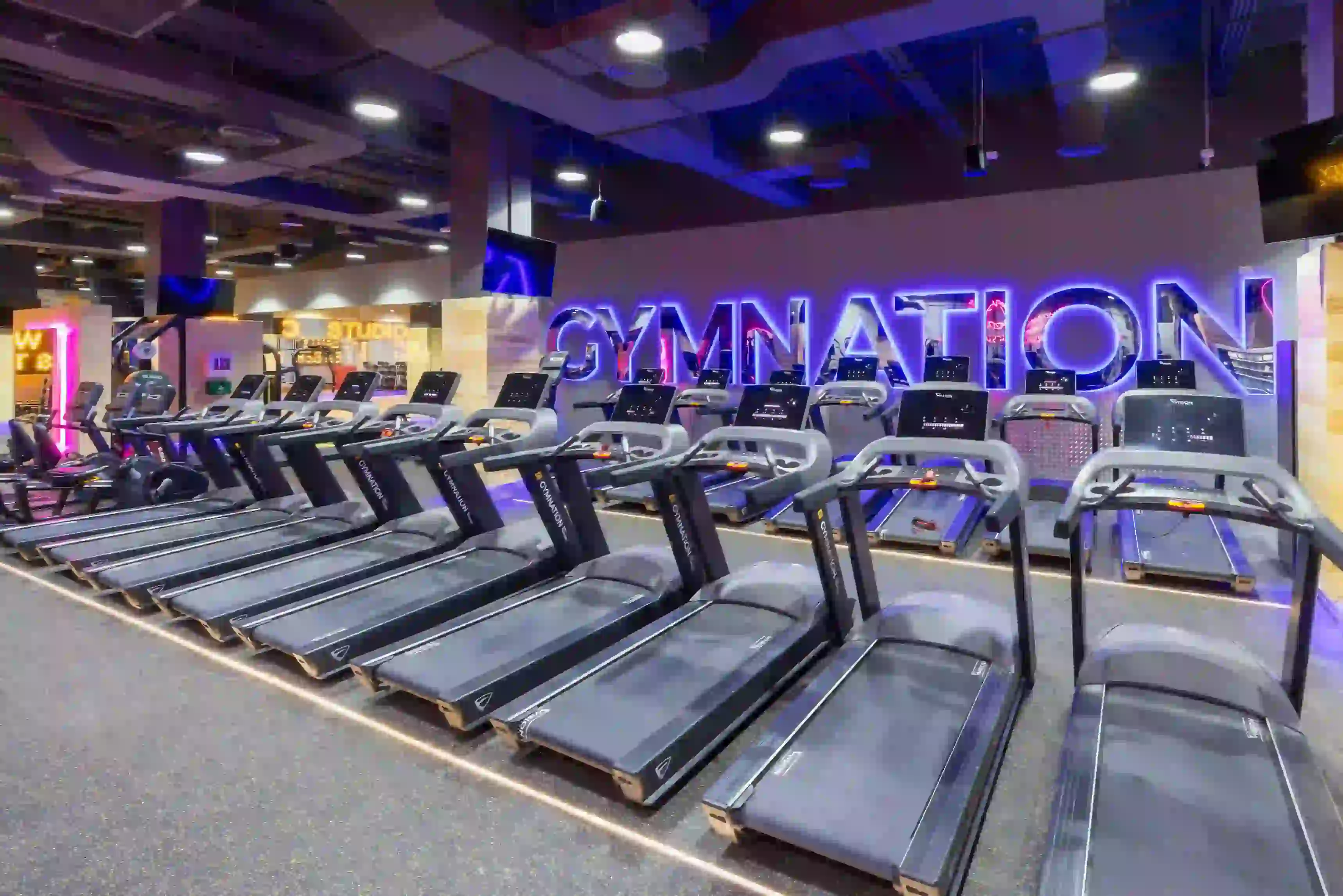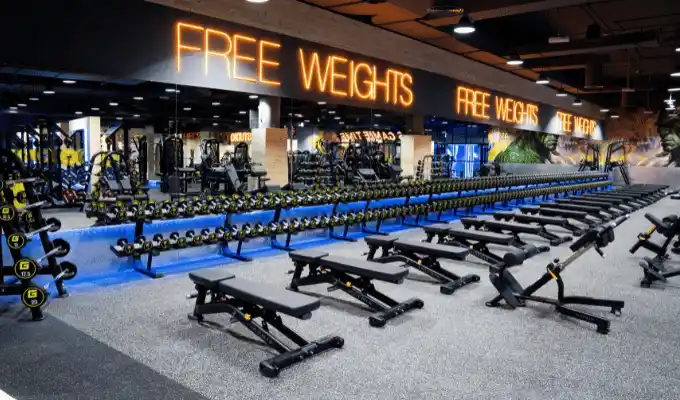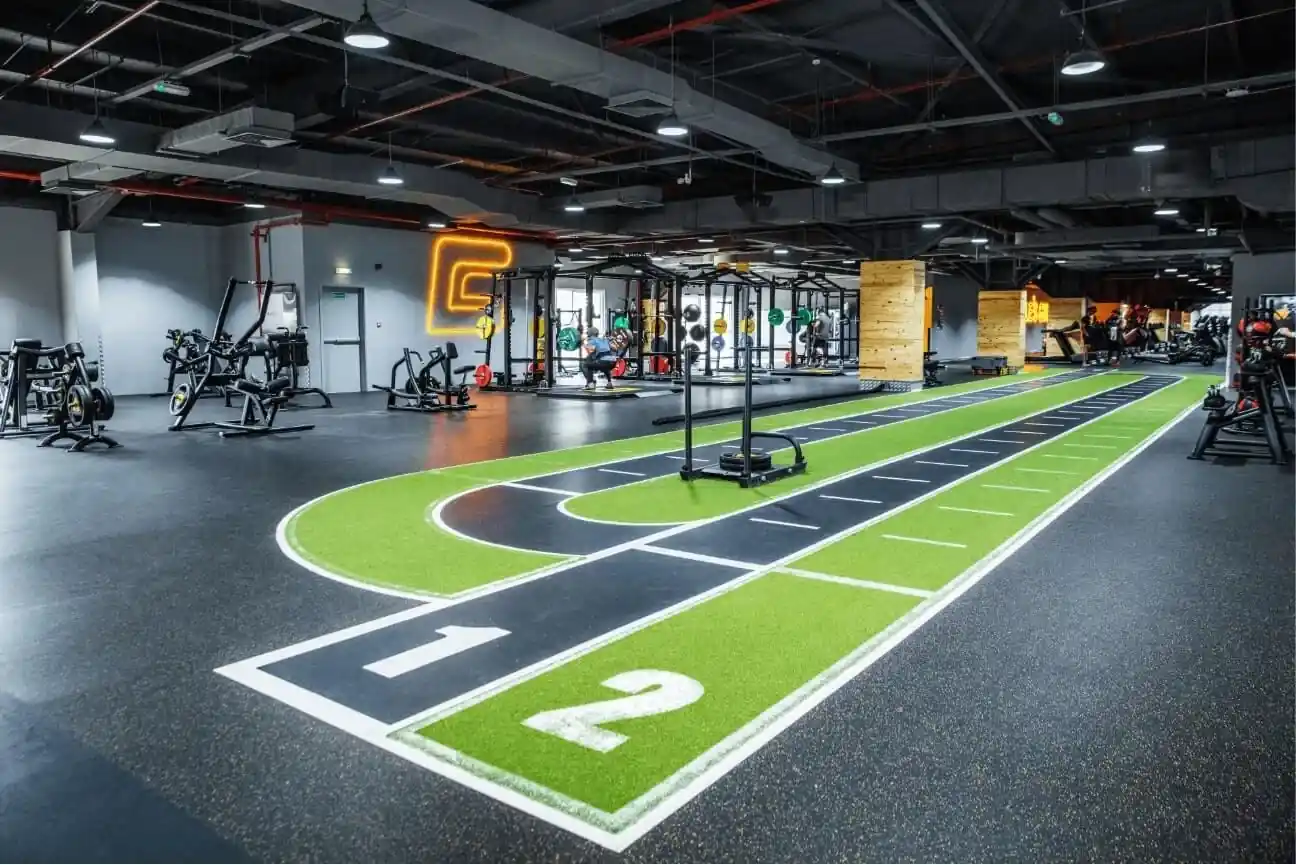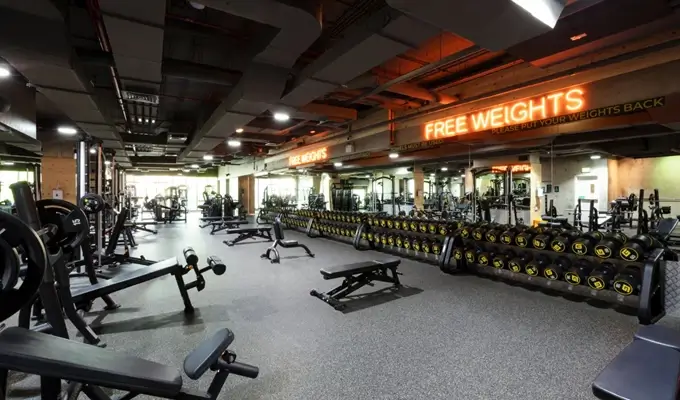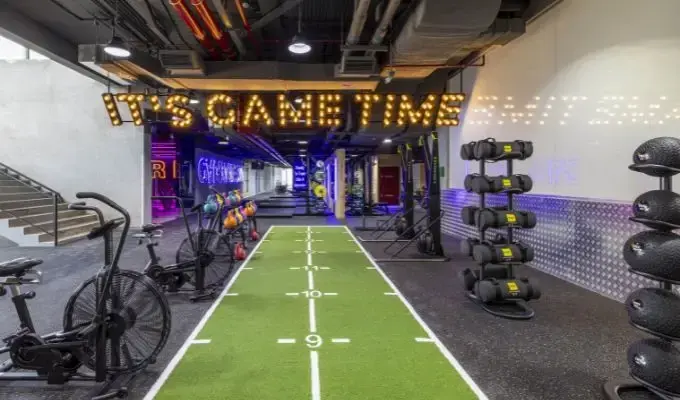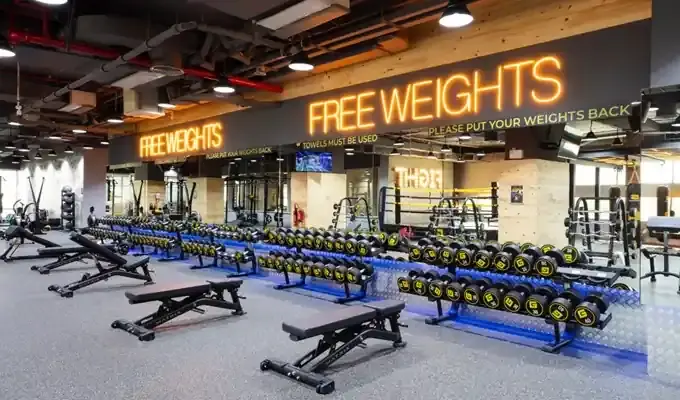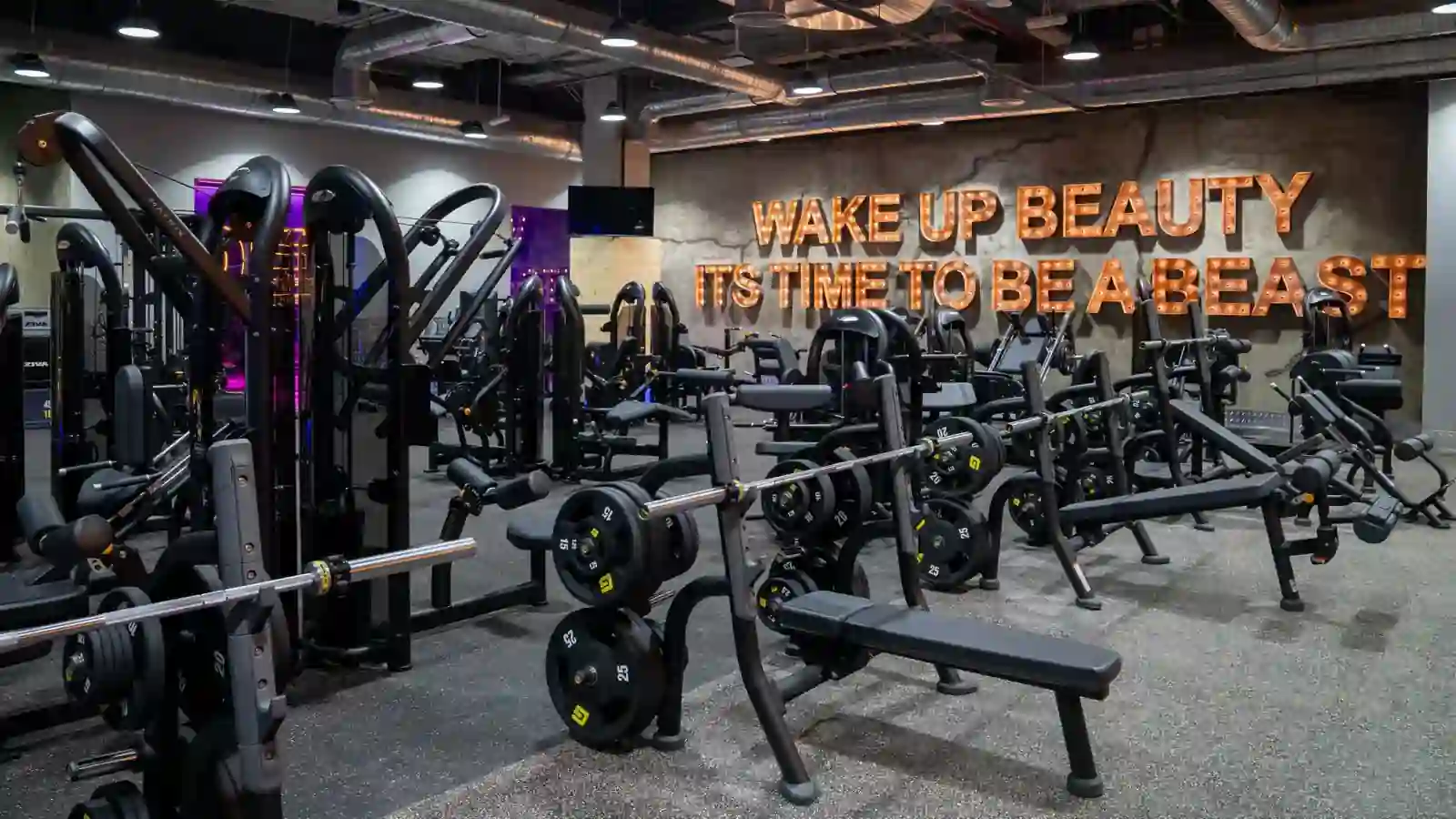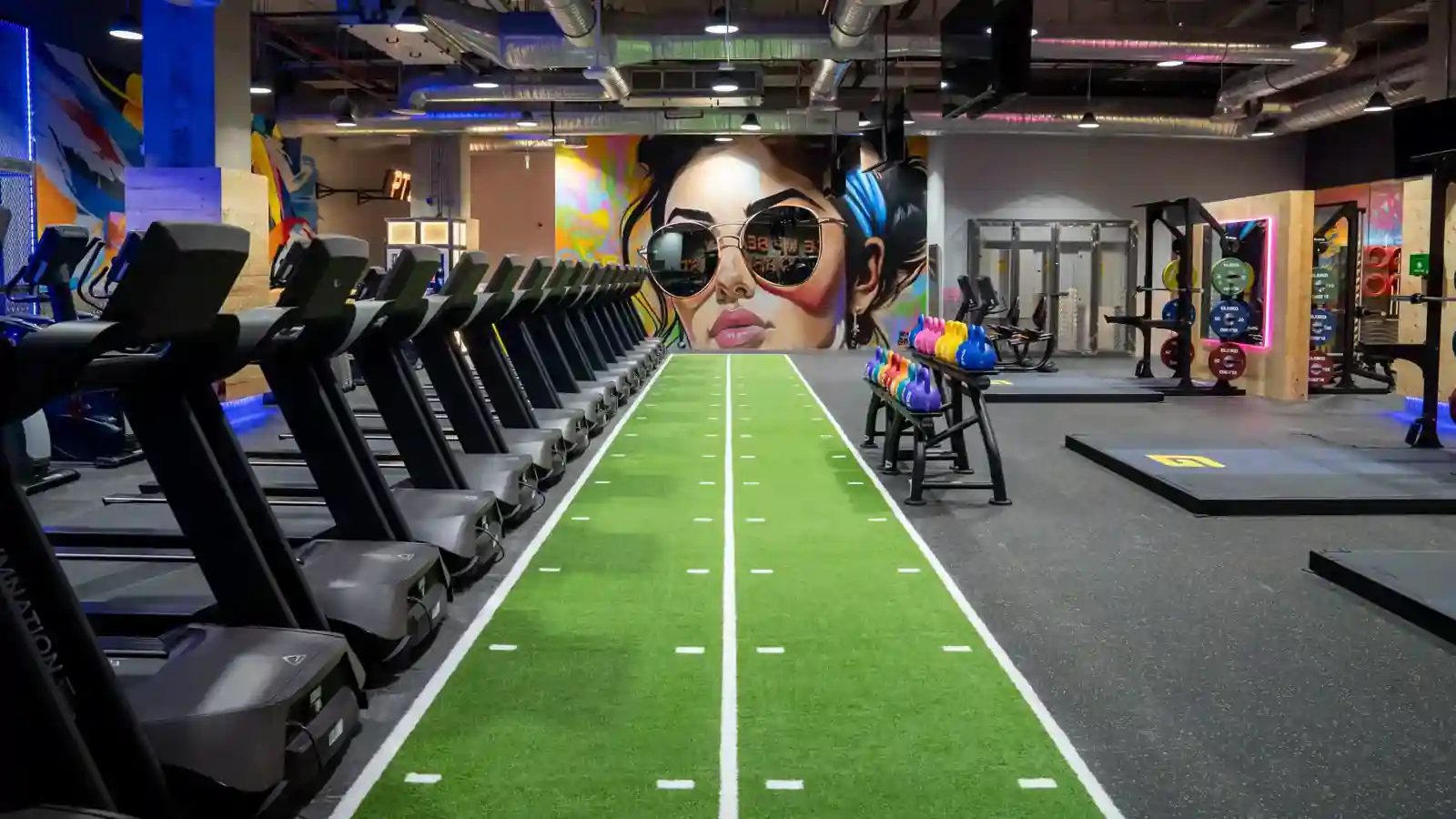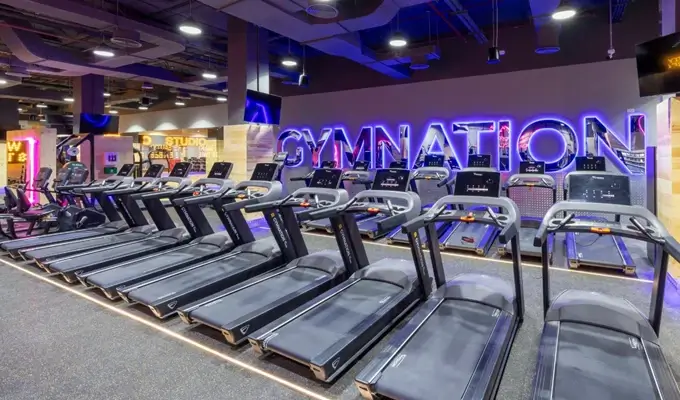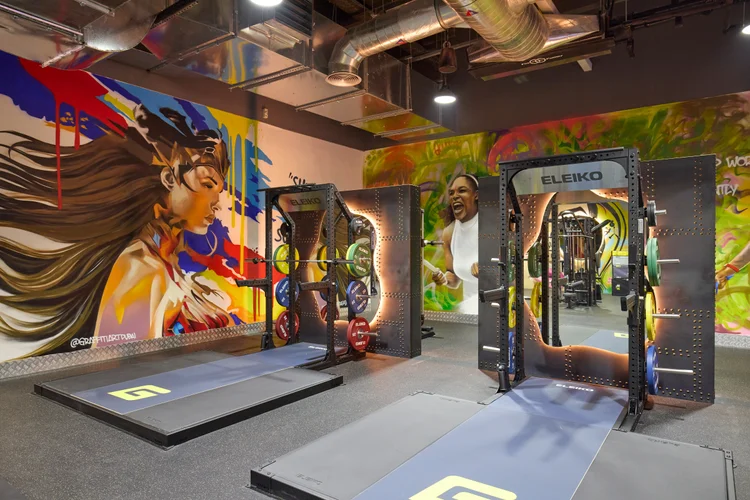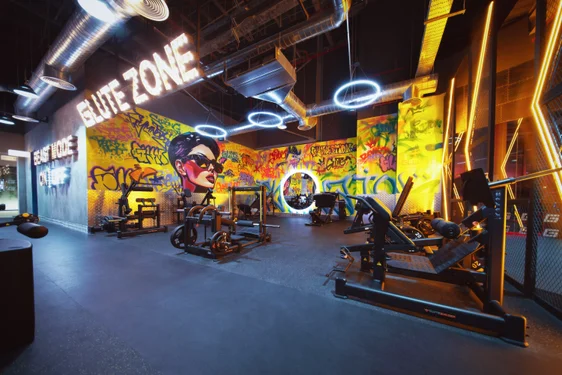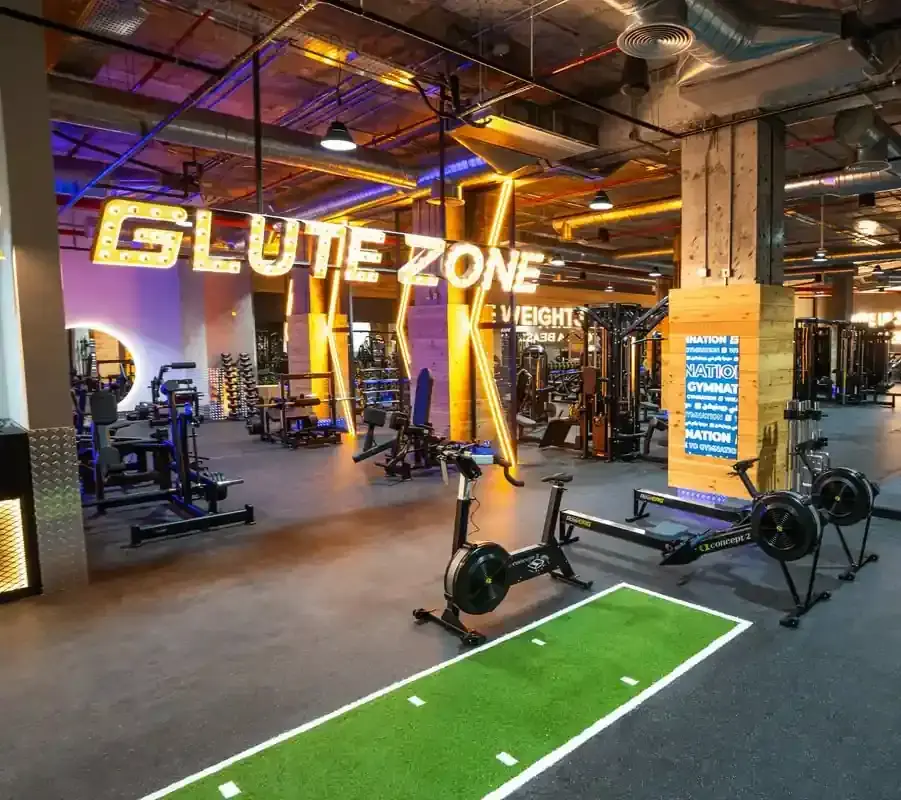Ramadan Fitness Tips
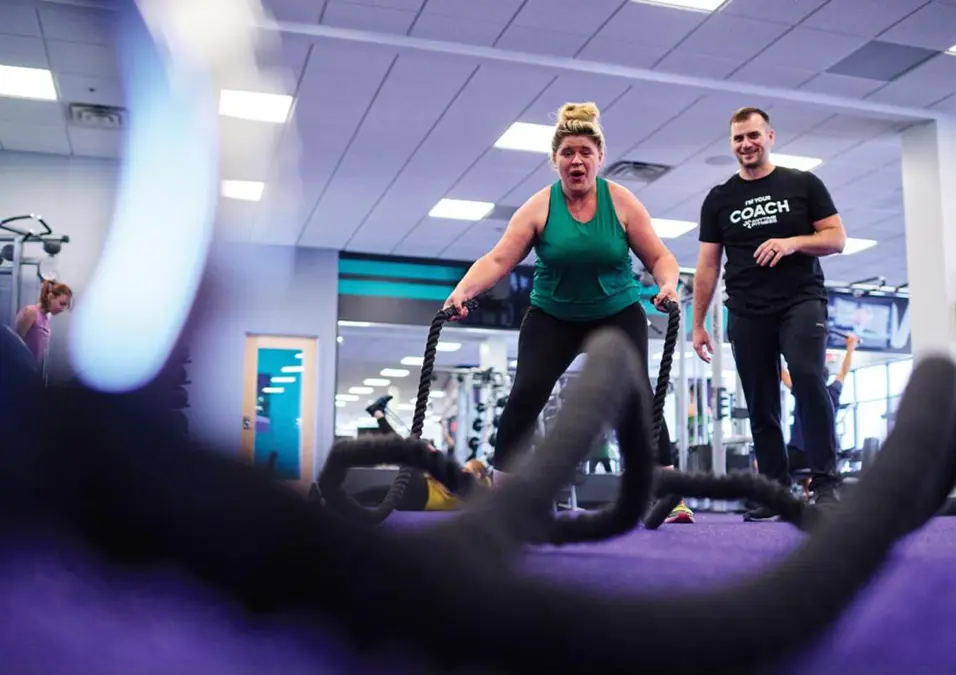
SIGN UP FOR YOUR FREE DAY PASS TODAY!
The holy month of Ramadan is a period dedicated to reflection, discipline, and abstinence, with fasting from dawn until sunset.
For fitness enthusiasts, this regimen brings unique challenges when trying to maintain an active lifestyle.
Balancing exercise and fasting without compromising health or energy demands careful planning.
We spoke to fitness professionals Sameer, a UAE-based trainer, and Alberto Bitar, founder of Rē Social Wellness Club, to gain insights into fasting's effects, its benefits, and how to stay active during Ramadan. Additionally, Dubai residents shared their personal experiences and tips for exercising while fasting.
What is Dry Fasting?
Ramadan fasting is a form of intermittent fasting where there’s complete abstinence from food and liquids for a set duration. Unlike other fasting methods that allow hydration, dry fasting has unique physiological benefits.
Alberto Bitar explains that while dry fasting can be a challenge, it enables the body to reset and build resilience.
According to him, focusing on intentional, low-intensity movement is key. “It’s about training smart, staying mindful, and using this period for both physical and mental rejuvenation,” he shares.
Research supports benefits like detoxification, improved metabolic flexibility, and cellular repair.
Noora Al Awadhi, an Emirati inspection officer, echoes this, saying, “My energy levels are high, and my muscle gains are increasing. Diet and hydration truly make a difference.”
However, staying active during Ramadan requires a strategic approach to prevent fatigue, dehydration, and muscle loss.
Tips for Balancing Workouts During Ramadan
Maintaining workouts while fasting is manageable with adjustments. Dehydration, however, remains a major challenge during dry fasting.
Sameer advises drinking the same amount of water as non-fasting days but spreading consumption between iftar (post-sunset meal) and suhoor (pre-dawn meal).
Incorporating electrolyte-rich drinks, like coconut water or lightly salted water, can further prevent fatigue or dehydration.
He also emphasizes starting the day right with a balanced suhoor.
- Complex carbohydrates (e.g., oats, whole grains) for sustained energy
- Protein (e.g., eggs, yogurt, lean meats) to maintain muscle mass
- Healthy fats (e.g., nuts, avocados) for longer satiety
- Fruits and vegetables for hydration and micronutrients
At iftar, Sameer recommends avoiding calorie-dense foods like samosas or sambousas. Instead, break the fast with water, dates, and fresh fruit for a gentle glycogen boost.
Follow this with a balanced meal including protein, vegetables, and complex carbs like grilled chicken, soups, or stews.
Timing Your Workouts Right
Alberto highlights that fasting alters metabolism, so timing workouts strategically is critical for maintaining energy and ensuring effective recovery.
Pre-Iftar (Before Sunset): Perfect for gentle, low-intensity exercises like yoga, Pilates, and mobility work.
- Noora Al Awadhi prefers exercising just before iftar, utilizing her remaining energy for a sense of accomplishment.
- Jumana Mudrik, another fitness enthusiast, works out earlier in the afternoon, which helps her stay active until iftar.
Before Suhoor (Pre-Dawn): Ideal for light activities like stretching, breathwork, or short mobility exercises to wake up the body.
1–2 Hours After Iftar: The best time for strength training or moderate-intensity sessions. Breaking the fast with a snack before training and enjoying a full meal afterward works best for many.
Alberto advises tailoring workouts to energy levels, emphasizing strength training, yoga, and Pilates while avoiding high-intensity interval training (HIIT) or excessive cardio, which can cause unnecessary strain.
“Ramadan is a time to focus on mindful movement,” Alberto says. “Use it to cleanse and renew yourself physically and mentally.”
Staying Hydrated and Eating Smart
Staying hydrated during Ramadan workouts is essential. Both Noora and Jumana prioritize smart hydration strategies to maintain performance.
- Noora: “I drink 3 liters of water between iftar and suhoor and use electrolytes and BCAAs to support my workouts.”
- Jumana: “I maximize liquids like fresh fruit juices, chia seeds, and hydrating foods like watermelon at iftar.”
Nutrition is equally critical. Both women focus on clean energy sources and protein to aid muscle recovery.
- Noora: “My meals include white rice, lean chicken, fish, fruits, and vegetables to fuel my body.”
- Jumana: “I rely on protein-rich foods like eggs, chicken, paneer, and protein shakes.”
While thirst during workouts may be challenging, both find it manageable with the right mindset and preparation.
Building Strength and Mental Resilience
For both Jumana and Noora, working out during Ramadan has enhanced their strength, endurance, and overall resilience.
- Noora shares, “Since exercising while fasting, my strength and endurance have improved, and I’m building more muscle.”
- Jumana adds, “I’ve discovered the strength my body holds. My physique feels more toned and resilient.”
Beyond the physical, fasting has fortified their mental determination. Jumana finds that fasting adds stability and focus to her mindset, while Noora concludes, “Fasting doesn’t stop me from becoming the best version of myself.”
Sameer elaborates on a key benefit of dry fasting called autophagy, a process where the body recycles damaged proteins and creates new, healthy ones.
This process supports renewal in muscles, skin, hair, and beyond.
Striking the Right Balance
Fitness during Ramadan is all about listening to your body and creating a routine that blends compatibility with your fasting goals.
With proper hydration, balanced nutrition, and mindful workout timing, it’s possible to sustain and even improve your fitness levels throughout this holy month.
Whether you’re a seasoned athlete or a fitness beginner, Ramadan presents a unique opportunity for personal growth, discipline, and physical renewal.
Focus on mindful movement, personalize your routine, and reap the benefits of a well-rounded approach!
Source: khaleejtimes
The opinions shared in the GymNation blog articles are solely those of the respective authors and may not represent the perspectives of GymNation or any member of the GymNation team.
GET YOUR FREE TRIAL TODAY





















